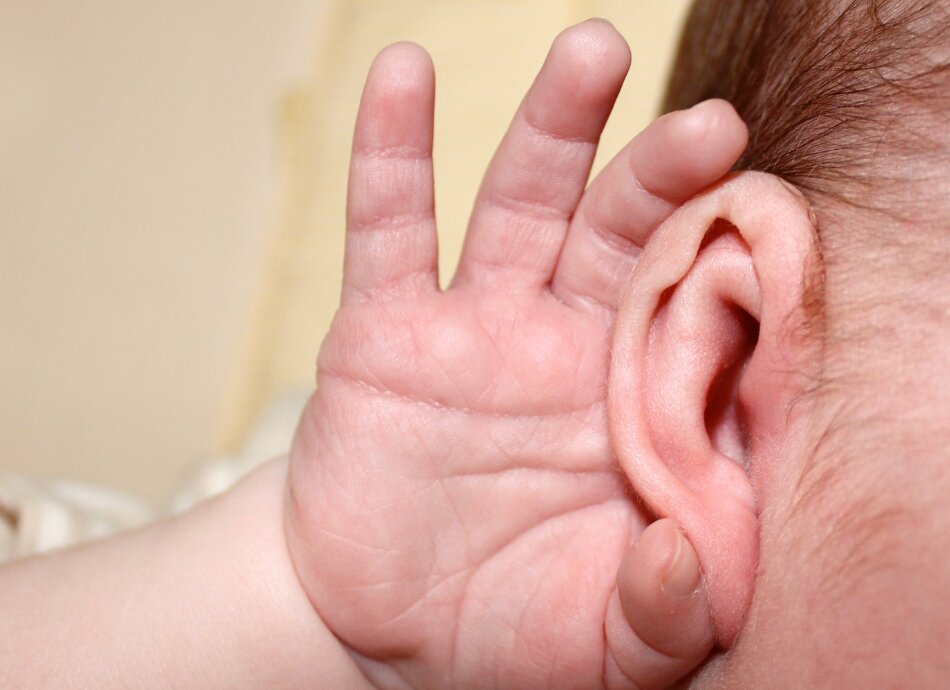Ear care advice
Key points about how to care for your ears
- What are the best ways to take care of your ears so they remain healthy and you don't harm them by cleaning them?
- Here are the recommended do's and don'ts.

Do:
- Do understand that earwax is normal. Earwax not causing symptoms or blocking the ear canal should be left alone.
- Do know the symptoms of wax blocking your ear, such as decreased hearing, fullness, tinnitus and distortion/changes to hearing aid function.
- Do see your doctor if you have symptoms of hearing loss, ear fullness and ear pain if you are not certain that they are from ear wax. Otitis media (fluid behind your eardrum), otitis externa (ear canal infection) and sudden inner ear hearing loss can all seem as though they are ear wax build-up.
- Do ask your doctor about ways that you can treat your earwax build-up at home. You may have certain medical or ear conditions that may make some options unsafe.
- Do see your doctor if you have ear pain, drainage or bleeding. These are not symptoms of earwax build-up and need further evaluation.
Don’t:
- Don't overclean your ears. Excessive cleaning may irritate your ear canal, cause infection and even increase the chances of earwax impaction.
- Don't put anything smaller than your elbow in your ear. Your mother was right! Cotton swabs, hair pins, car keys, toothpicks . . . these can all injure your ear and may cause a cut in your ear canal, a hole in your eardrum, and/or dislocation of the hearing bones, leading to hearing loss, dizziness, ringing and other symptoms of ear injury.
- Don't use ear candles. There is no evidence that they remove impacted earwax, and candling can cause serious damage to your ear canal and eardrum.
- Don't ignore your symptoms if home remedies are unsuccessful. Seek medical attention if attempts at home have not resolved the problem.
- Don't irrigate or try earwax-removing/softening drops if you have had ear surgery or a perforated eardrum, unless specifically cleared to do so by your otolaryngologist (ear, nose, and throat surgeon).
- Don't forget to clean your hearing aids as the manufacturer and your hearing health professional recommend.
Resources
Noise around the home(external link) HealthEd, NZ, 2023
Tips for healthy ears(external link) World Health Organization
References
- Schwartz SR, Magit AE, Rosenfeld RM, Ballachanda BB, Hackell JM, Krouse HJ et al. Clinical practice guideline (update): Earwax (cerumen impaction)(external link) Otolaryngology – Head and Neck Surgery. 2017; 156(1S):S1–S29.
Credits: Healthify editorial team. Healthify is brought to you by Health Navigator Charitable Trust.
Reviewed by: Dr Mathew Van Rij, GP, Lower Hutt
Last reviewed:
Page last updated:





